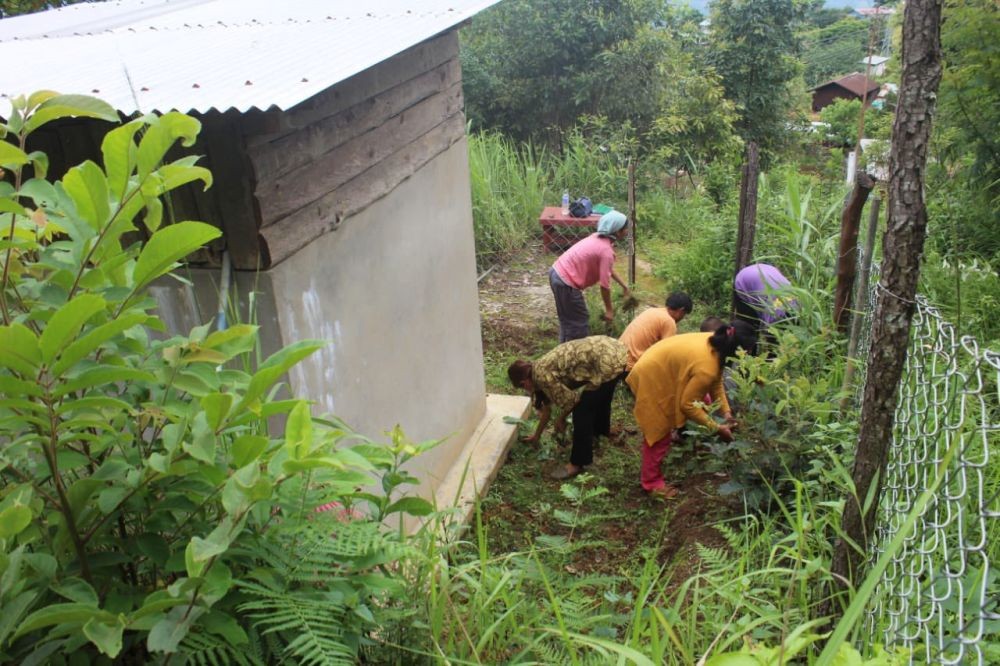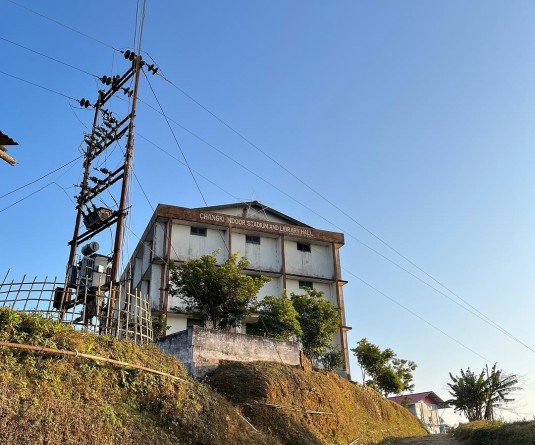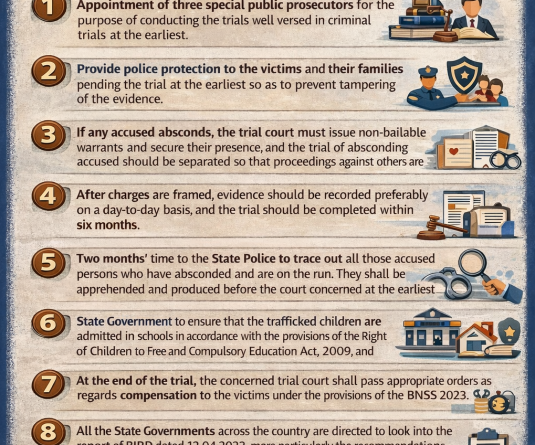For the first time there is an equal representation of women in Jenty village, Pungro Kiphire district after the implementation of JJM. 50% of the WATSAN members are women, secretary, treasurer & water service fee collector. This result of various CB, BSCC campaigns under JJM ISA NEIDA. (For Representational Purpose | Photo Courtesy: Jal Jeevan Mission Nagaland PHED)

Sisterhood Network with Asia Pacific Forum on Women, Law and Development organise national consultation
Dimapur, July 31 (MExN): A national consultation on significance of access to water and sanitation for women and girls brought together academics, public policy researchers and members of civil society at the Nagaland State Guest House, New Delhi on July 25. The consultation was organised by Sisterhood Network in partnership with Asia Pacific Forum on Women, Law and Development (APWLD), stated an update received here.
The consultation primarily focused on making contribution to SDG commitment by India through enabling access to water and sanitation for indigenous women and girls in Nagaland. While understanding various programs and policies of the government, genesis of SDGs, and the progression made by Swatch Bharat missions, the consultation most importantly discussed and identified pathways for engagement of women from the community in local and national processes planning, prioritizing needs of women and girls in water and sanitation programs and making contribution to measuring progress on SDGs committed to gender equality.
Sandeep Chachra, Executive Director of Actionaid Association India highlighted the need for the world to address issues such as decent work, inequality gap and the idea of urbanization by emphasizing on the need of partnership and collectivity to advance women’s rights. Furthermore, the interrelationship between access to safe drinking water, women’s ownership of property, declining trends of women’s workforce participation and unpaid care work was also addressed.
“The narrative of gender equality as given in the SDG goal 5 should be demolishing patriarchy because gender equality can only be achieved when we cancel patriarchy,” said Chachra asserting to choose people over profit and people’s welfare.
Bridging Naga women for a truly sisterhood and feminization of WATSAN programs, Thongwangliu, President of Women’s society, Samziuram village in Peren, Nagaland, shared about importance of water and sanitation for women and girls sexual and reproductive health rights (SRHR) and how strengthening delivery of water and sanitation in villages can help in reducing burden of women and girls improving their well-being and livelihood as it is mostly women and girls who fetches the water.
Additionally, she mentioned that Samziuram experiences water scarcity every year and remains dry from January to May and this year was the worst hit making lives miserable and difficulty to sustain because of loss of livelihood, strained relationships between families as they fight for water, domestic violence, children missing schools due to water scarcity and pushing people in debt.
“We do not have access to proper water supply in the village and it is affecting our children, women and girls. Women should have access to information and included in the decision-making because women do most of the household work which needs proper access to water,” said Thongwangliu.
According to a survey by Sisterhood Network at Samziuram village, 93% of people responded that they do not have access to safe and affordable water supply and 95% do not have any knowledge about water development projects in the village; 78% said no proper water facility in schools and it is the mother or daughters that fetches water for the household. Furthermore, 93% responded that women should be included in decision-making which shows peoples’ voices asserting to implement real change from patriarchal control of resources and patriarchal authoritative governance to an inclusive enabling environment for development justice.
Nitya Jacob, Water Policy Analyst stressed on the strengthening of monitoring, accountability and credibility of various schemes such as Jal Jeevan Mission (JJM) , Swacch Bharat Mission, Jan Shakti and the rightful implementation of the scheme policies such as inclusion of 50 per cent of women as JJM block committee members.
Sudeshna Sengupta, policy researcher and Sanjay Gupta, Chairperson of the National Action and Coordination Group- Ending Violence Against Children (NACG EVAC India) highlighted on gender equality and access to water and sanitation and how improper sanitation affects girls’ health and education.
Azungla James, Director Sisterhood Network, Pihola and Arenzungla Jamir from Sisterhood Network, Dimapur engaged with diverse experts in WATSAN, women’s rights in developing a framework for measuring SDGs, localization and deepening of engagement with government and women leaders in Nagaland.
“We will not be able to achieve the SDG goals or gender equality until 2065 as per the regressive trend and implementation of processes. SDGs is top-down approach because if it is bottom-up approach, why should we talk about localizing SDGs. We need peoples’ voices from every constituency and implement best practices,” said Dr Jyostna Pandey Singh, Regional Coordinator – Asia of Asia Development Alliance.
The consultation workshop strengthened the spirit of sisterhood and in identification of definite pathways for engaging in SDG processes. Sisterhood Network committed itself to supporting women's engagement in SDGs processes and monitoring.





